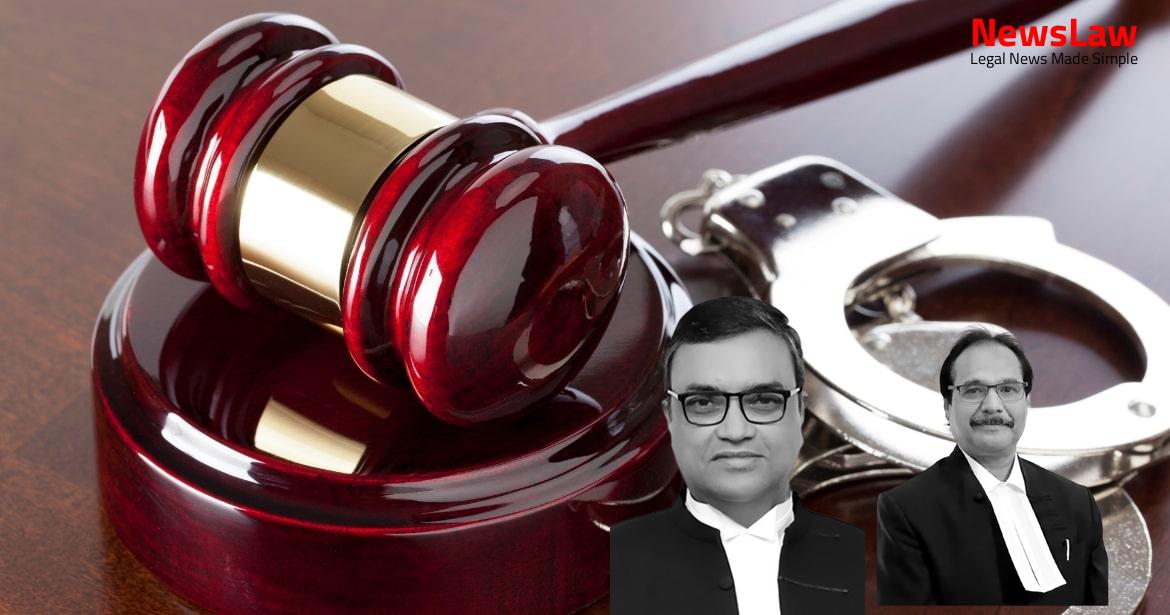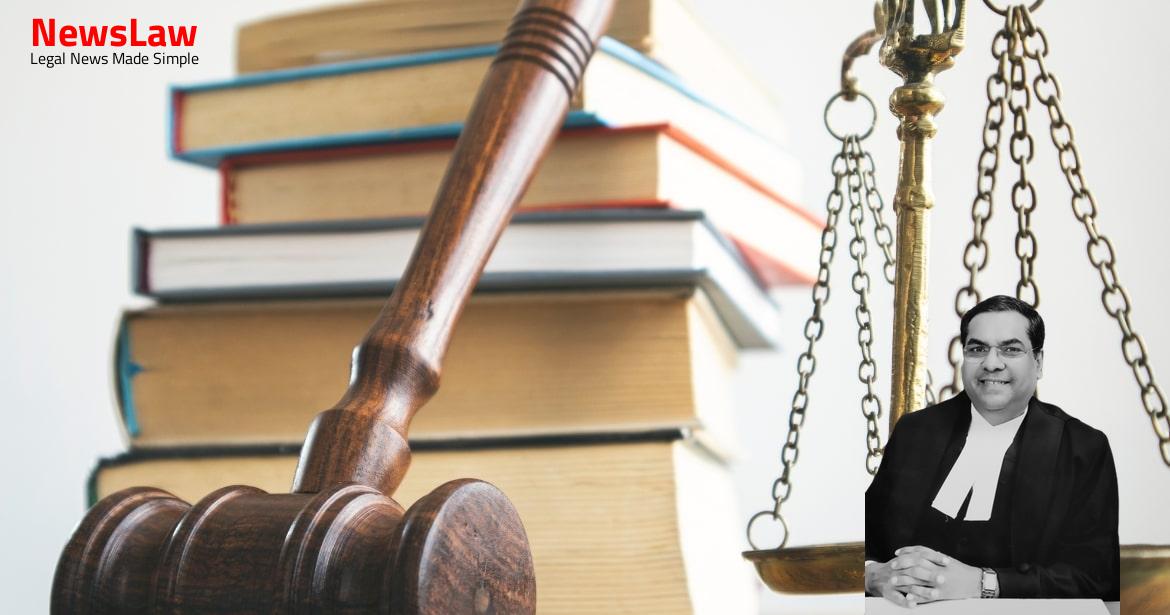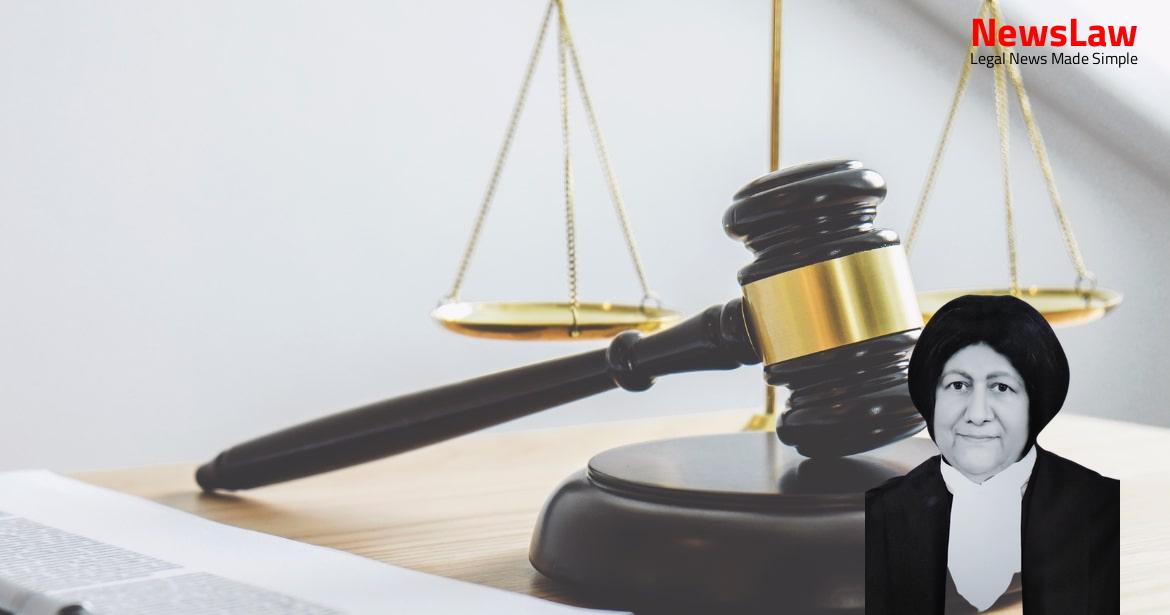The legal case delves into the appointment of a junior Judge Advocate in a Court Martial, raising significant legal implications. The case, involving the appointment of Major Rajiv Dutta as a Judge Advocate in the Court Martial of the respondent, has drawn attention to the intricacies of military law. This ruling by the Supreme Court of India sheds light on the delicate balance required in such appointments and their impact on the validity of Court Martial proceedings.
Facts
- The officer was first commissioned in the Army Medical Corps from 29.05.1978 to 31.07.1983.
- He was again commissioned as a regular officer in AMC on 25.02.1987.
- In 1996, he was designated as Graded ENT Specialist and upgraded to classified Specialist ENT in 2001.
- In February 2002, the officer was posted at Military Hospital, Secunderabad, to examine new recruits from various training centers.
- A recruit named K. Siddaiah alleged that the officer paid money to change his remarks from ‘unfit’ to ‘fit.’
- The officer was charge-sheeted based on the allegations made by the recruit.
- The High Court set aside the order passed by the Armed Forces Tribunal, Chandigarh
- The Tribunal had dismissed the appeal and upheld the findings and sentence by the General Court Martial
- The respondent was dismissed from service and appealed to the AFT
- AFT upheld the guilt findings and the sentence of dismissal
Also Read: Dismissal of Civil Appeal Due to Infructuous Nature
Arguments
- The appellant argues that a person fit to be appointed as Judge Advocate is one who does not suffer from any ineligibility or disqualification as per Rule 39 alone.
- The appellant contends that Rule 40 does not refer to disqualifications, but Rule 102 explicitly states that an officer disqualified for sitting on a Court Martial is also disqualified for acting as a Judge Advocate.
- The appellant’s argument that non-availability of an officer of equivalent or higher rank was recorded in the convening order is considered as falling within an exception.
- Referring to Charanjit Singh Gill case, it is highlighted that if the appointed person is not fit to act as Judge Advocate, Rule 103 cannot rescue the appellant.
- The appellant’s reliance on Army Rule 103 is rejected as the protection under this rule is applicable only when a fit person has been appointed as a Judge Advocate.
- The High Court’s decision was based on an officer junior to the respondent serving as Judge Advocate in the GCM, contrary to the law laid down in Union of India & Anr. vs. Charanjit Singh Gill.
- The appellant argues that there is no absolute prohibition on appointing an officer of lower rank than the charged officer as Judge Advocate, citing an exception provided in Charanjit Singh Gill case.
- The exception states that a Judge Advocate can be of a lower rank than the charged officer if an officer of higher rank is not available due to the exigencies of public service, with the opinion of non-availability being recorded in the convening order.
- Shri G.S. Ghuman, representing the respondent, argued that Major Rajiv Dutta, appointed as a Judge Advocate in the Court Martial, was junior in rank to the respondent.
- The respondent was informed about this through a certified copy of the convening order under Army Rules 33 (7) and 34.
- The respondent received the copies on 07.10.2014 and filed them with the written statement.
- The High Court decision in the matter was supported by Shri G.S. Ghuman, referring to the case of Charanjit Singh Gill.
- The focus of the appeal is on the legality of appointing a Judge Advocate who was junior to the respondent.
Also Read: Committee-GFIL v. Libra Buildtech Private Limited & Ors.: Refund of Stamp Duty Case
Analysis
- Judge Advocate plays a crucial role in providing advice during a trial under the Act.
- The eligibility and qualification criteria for Members of the Court Martial emphasize having officers of equal or higher rank than the accused.
- A disqualified officer from being part of a Court Martial also cannot act as a Judge Advocate.
- Document communication is considered complete once dispatched, and any unauthorized alteration is impermissible.
- Court Martials are temporary courts not part of the regular judicial system.
- Appointment of a ‘fit person’ as Judge Advocate is essential for valid Court Martial proceedings.
- Failure to record reasons for appointing a junior officer as Judge Advocate invalidates the Court Martial proceedings.
- Judge Advocate’s influence on Court Martial members is significant, warranting appointment of a qualified and respected individual.
- Appointing a ‘fit person’ as Judge Advocate is not curable under Rule 103 of the Rules.
Also Read: Dhruv Agrawal vs Gagan Gupta: Upholding the Trial Court’s Judgment
Case Title: UNION OF INDIA Vs. LT. COL RAHUL ARORA (2024 INSC 672)
Case Number: C.A. No.-002459-002459 – 2017



